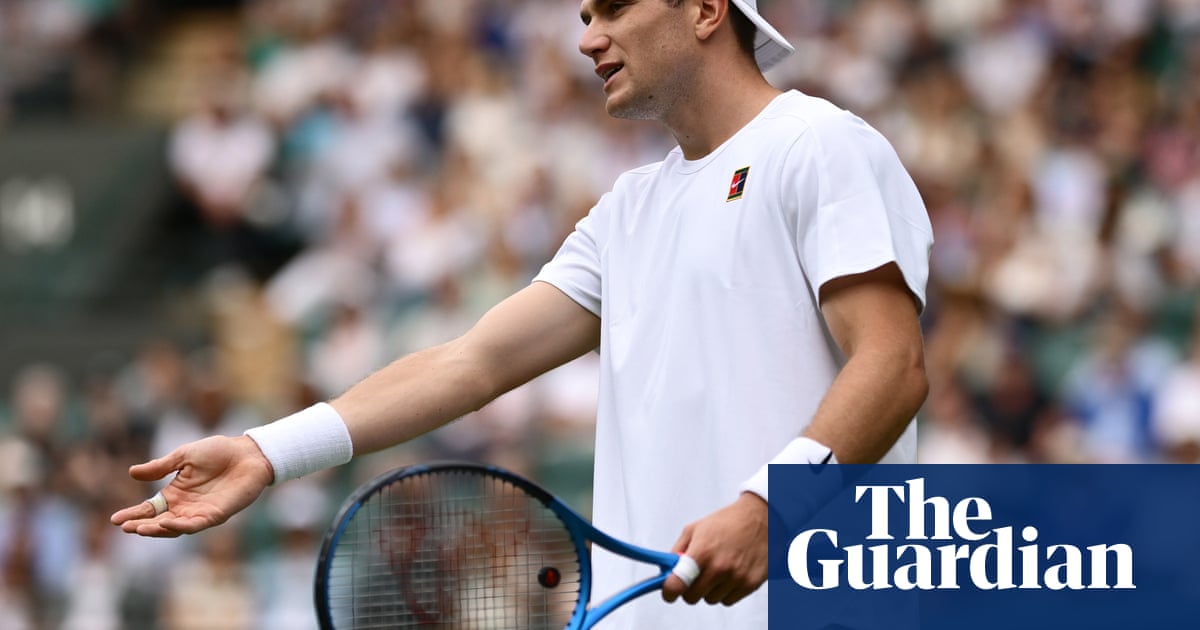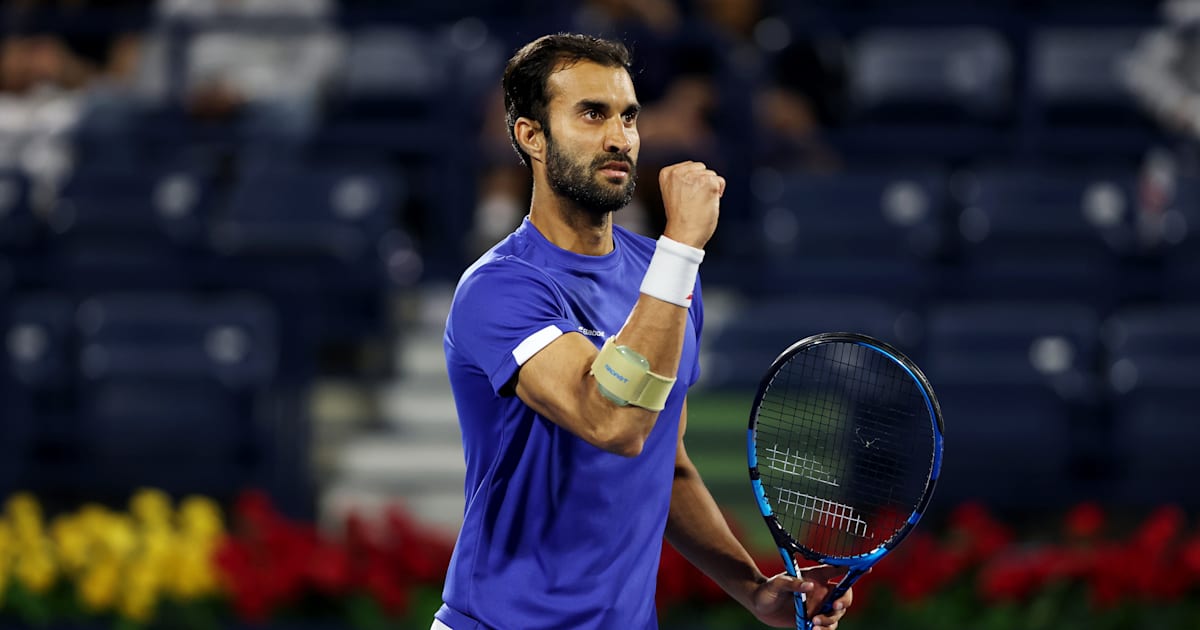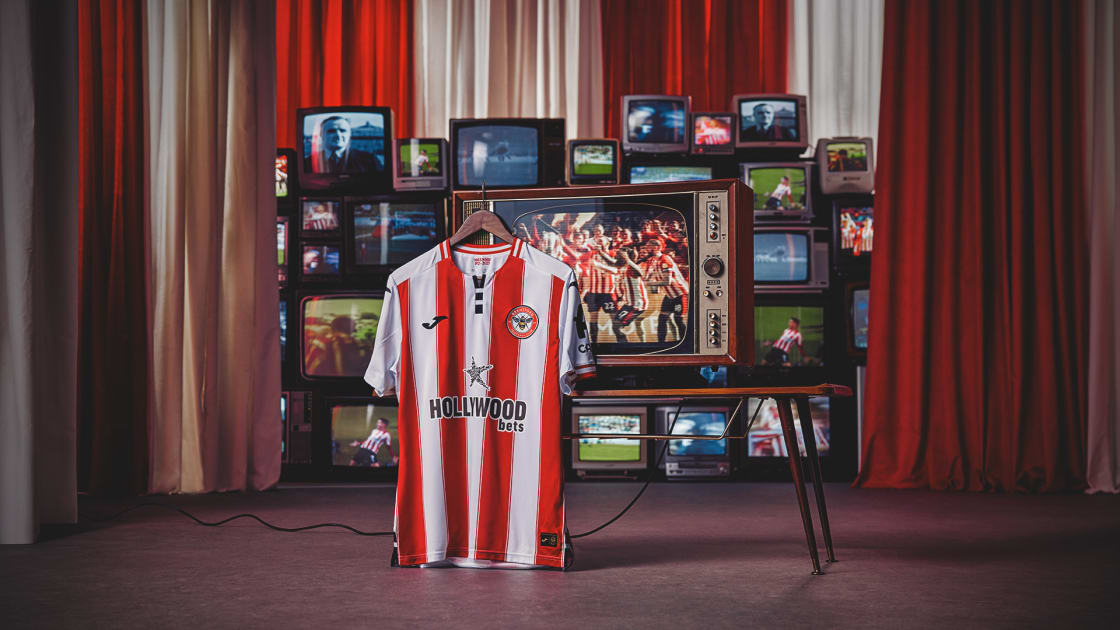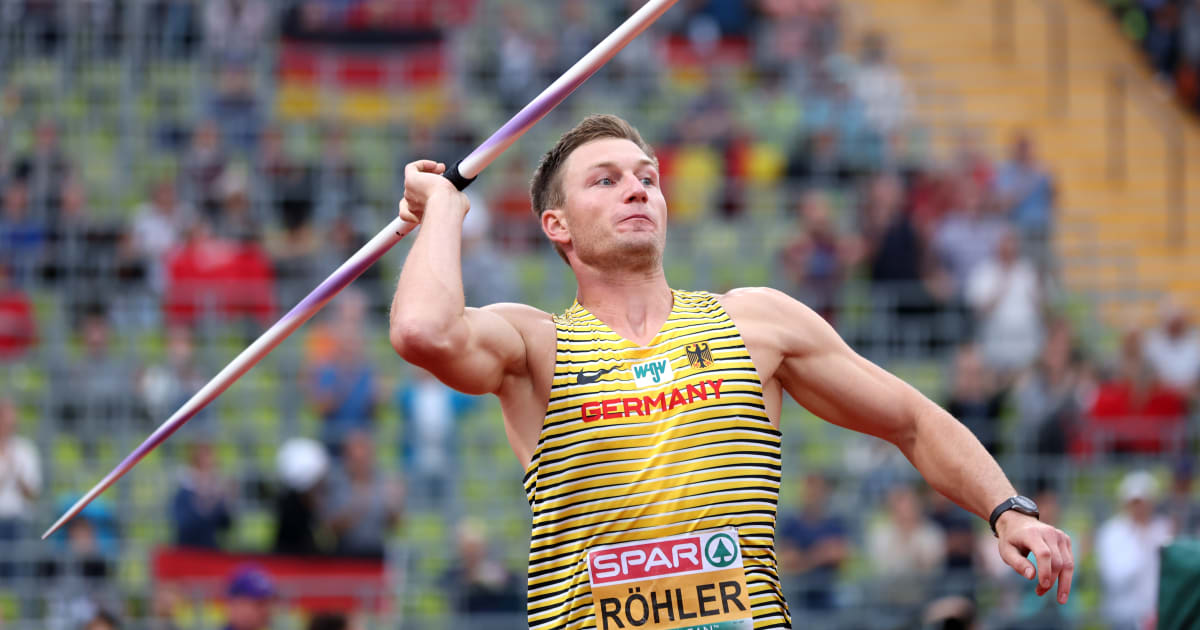Wimbledon chiefs defend AI use as Jack Draper says line calls not ‘100% accurate’

Wimbledon bosses have defended the use of AI line judges after Jack Draper said the technology was not “100% accurate”.The British No 1 said it was “a shame” human line judges were ousted after crashing out in the second round to the 36-year-old former finalist Marin Cilic.Draper, 23, grew frustrated with the AI-enhanced Hawk-Eye technology during Thursday’s match, holding his arms out in disbelief after one of his opponent’s serves was not called out in the fourth set.“I don’t think it’s 100% accurate in all honesty,” he said in his post-match press conference. “A couple of the ones today, it showed a mark on the court. There’s no way the chalk would have showed that. I guess it cannot be 100% accurate – it’s millimetres.”He said it was a shame that umpires were no longer involved, before conceding he had probably been wrong to complain about a particular call.Jamie Baker, the tournament director, defended the accuracy of the system and refused to say whether he missed human line judges, who have been part of Wimbledon’s history for 147 years.Baker said: “The concept of live line calling is absolutely standard across the tour now – mandatory across the ATP tour. Two of the other grand slams have had it for four or five years.“What that has meant also actually [is] that the level of sophistication and certification around the system has become more professional and more robust as time has gone on.“The accuracy and the reliability and the robustness of the system and the process as a whole, in terms of officiating, is in as good a place as it has been for tennis.”Baker denied the electronic system had been a factor in the decision to suspend Ben Shelton’s second-round encounter as the 22-year-old American was serving for the match.Shelton, the world No 10, was furious at the umpire’s decision, which came at 9.31pm as daylight was fading. Baker said the decision was not due to the technology, which he said allowed matches to be played later.skip past newsletter promotion Sign up to The Recap Free weekly newsletter The best of our sports journalism from the past seven days and a heads-up on the weekend’s action Enter your email address Sign up Privacy Notice: Newsletters may contain info about charities, online ads, and content funded by outside parties. For more information see our Newsletters may contain info about charities, online ads, and content funded by outside parties. For more information see our Privacy Policy . We use Google reCaptcha to protect our website and the Google Privacy Policy and Terms of Service apply. after newsletter promotionBaker said: “It doesn’t work if nobody can call the lines, but we hadn’t reached that threshold. But it was getting close. And so, again, that’s us managing the risk.“One thing I will say with the way that the technology has moved on, but also the number of cameras on each court, is that we’re actually able to play a lot later than we had done in the past with the challenge system.”Baker said players had been told in the past they could continue play during fading daylight but then could not make challenges.“Sometimes the players didn’t like that, sometimes they did,” he said. “But actually, we have a lot more time now that we can push matches out. But last night, it was getting close, but we hadn’t quite reached that.“It was more of a rounded decision where at some point, it’s a top-level sport, playing at very high speeds, to be playing when it was that dark, the officials just didn’t feel comfortable with it.”




.jpg)








